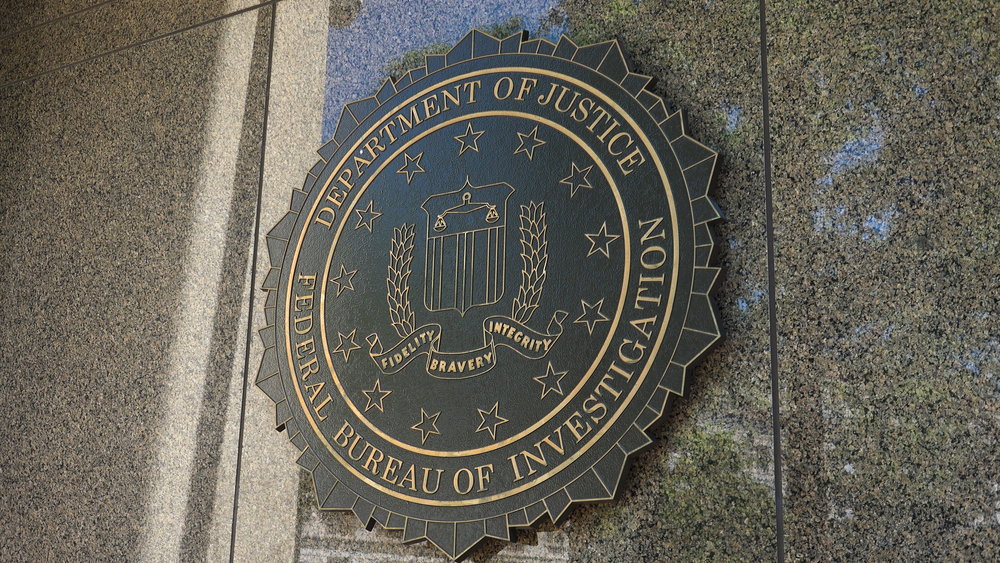As U.S. lawmakers debate the reauthorization of Section 702 of the Foreign Intelligence Surveillance Act (FISA), which is set to expire at the end of this year, the IPI global network expresses profound concerns about the statute’s risks for journalists, and calls on Congress to enact serious reforms to Section 702 that address those risks before any decision on reauthorization takes place.
Section 702, which was added as an amendment to FISA in 2008, empowers the U.S. intelligence community to surveil and monitor non-U.S. persons reasonably believed to be located abroad with the purpose of gathering “foreign intelligence information”.
The statute explicitly prohibits the targeting of U.S. persons, who are protected from unreasonable searches and seizures under the Fourth Amendment of the U.S. Constitution. Yet despite this safeguard, the U.S. intelligence community acknowledges that the data and overseas communications of this excluded group — including their calls, emails and texts — may be collected in connection to surveillance of foreign actors. This data can then be queried and accessed by American intelligence agencies without a court-ordered warrant, in what critics have called “backdoor searches”.
The implications of this controversial statute for media workers are serious. “In principle and in practice there is a lot of reason to fear that Section 702, as it operates now, is going to intrude on reporters’ confidential contacts with their sources”, said Grayson Clary, a staff attorney at the Reporters Committee for Freedom of the Press, in a call with IPI. Through the intelligence gathering process under Section 702, American or U.S.-based journalists’ digital communications with overseas sources — often a critical part of their reporting — may be revealed, stored and searched by U.S. government agencies, compromising reporter-source confidentiality and violating the privacy of journalists.
Broader fears over privacy and potential leaks picked up by surveillance have also made domestic sources less inclined to speak to American journalists, a 2014 report from Human Rights Watch found. The effect was especially pronounced when the subjects of journalists’ investigations concerned national security or the work of U.S. intelligence agencies. The environment of fear created by large-scale electronic surveillance, if left unchecked, will cause “serious, long-term damage to the fabric of democracy in the country”, the report concluded.
The U.S. intelligence community considers Section 702 one of its most vital tools for protecting national and cyber security and stopping terrorist attacks. However, the exceedingly broad meaning of “foreign intelligence information”, which in part is defined as “information with respect to a foreign power or foreign territory that relates to…the conduct of the foreign affairs of the United States”, only compounds the risk of governmental overreach and abuse of the statute to the detriment of journalists.
“We urge lawmakers to balance the need to protect national security with the imperative to protect press freedoms and the ability of journalists to gather information from confidential sources in the public interest”, said John Daniszewski, chair of the North American Committee of IPI. “We believe both are essential for democracy.”
Section 702 was last reauthorized in 2018. Congressional work on the statute’s latest reauthorization is in full swing. In March, the House Intelligence Committee created a bipartisan working group tasked with overseeing Section 702’s reauthorization and considering reforms to the statute.
“Any threat to reporter-source confidentiality makes the job of a journalist more difficult. Being able to guarantee to one’s sources that the information they provide will not be exposed improperly is critical — Section 702 imperils this guarantee”, said IPI Deputy Director Scott Griffen. “Further, warrantless access to the digital communications of journalists is a blatant violation of their privacy and rights. Such protections are critical for journalists to do their jobs freely and safely and to keep their sources safe.”
Controversial from the beginning
From its inception, Section 702 has been opposed by both Democratic and Republican lawmakers, as well as civil liberties and press freedom advocacy groups. As some members of Congress have already acknowledged, examples of “significant and egregious abuses” of Section 702 and improper handling of the data gained through it have abounded in recent years. High-profile lawmakers, including Senators Ron Wyden and Rand Paul, have put forward bills to rein in the power of Section 702.
Earlier this year, it was revealed that the Federal Bureau of Investigation improperly searched the information of hundreds of Americans collected under Section 702 in connection with their investigations of people involved in the January 6, 2021 attack on the U.S. Capitol building and the 2020 protests that followed the police killing of George Floyd. While the FBI made some changes to the way data collected via Section 702 is searched following revelations of misconduct, such as creating a requirement that any queries associated with U.S.-based journalists are subject to prior approval, risks for journalists remain.
“While there are supposed to be internal executive branch guardrails that prevent misuse of [Section 702] authority for all kinds of abusive or political reasons, we have good reason to think they don’t work very well”, Clary told IPI. “At least one report that was declassified just a couple of years ago found that [the FBI conducted] improper queries for records related to American journalists.”
“Expecting the Executive branch to police itself is never going to be good enough,” Clary continued. “There needs to be a meaningful outside check because we’ve seen again and again that the executive branch struggles to follow its own rules.”
Other efforts to increase transparency and curtail the wide-reaching authorities of Section 702 focus on the tech companies that are required to cooperate with federal government information requests under Section 702. Tech giants including Facebook, Google and Microsoft have repeatedly registered their unease with the statute, and in 2014 Microsoft successfully lobbied the government to allow technology providers to publish data about FISA orders. Last month, U.S. Senators Ron Wyden, Mike Lee and Richard Durbin reintroduced the PRESS Act, a bill that would prohibit the U.S. government from compelling journalists and providers of telecommunications services to hand over protected information, with some exceptions for cases involving terrorism.
“If Congress chooses to reauthorize Section 702, serious reforms are needed to ensure that FISA does not grant the government unchecked powers to surveil American journalists”, said Griffen. “The U.S. must be a leader in setting the standard for laws that protect national security without putting the work of journalists in jeopardy.”



